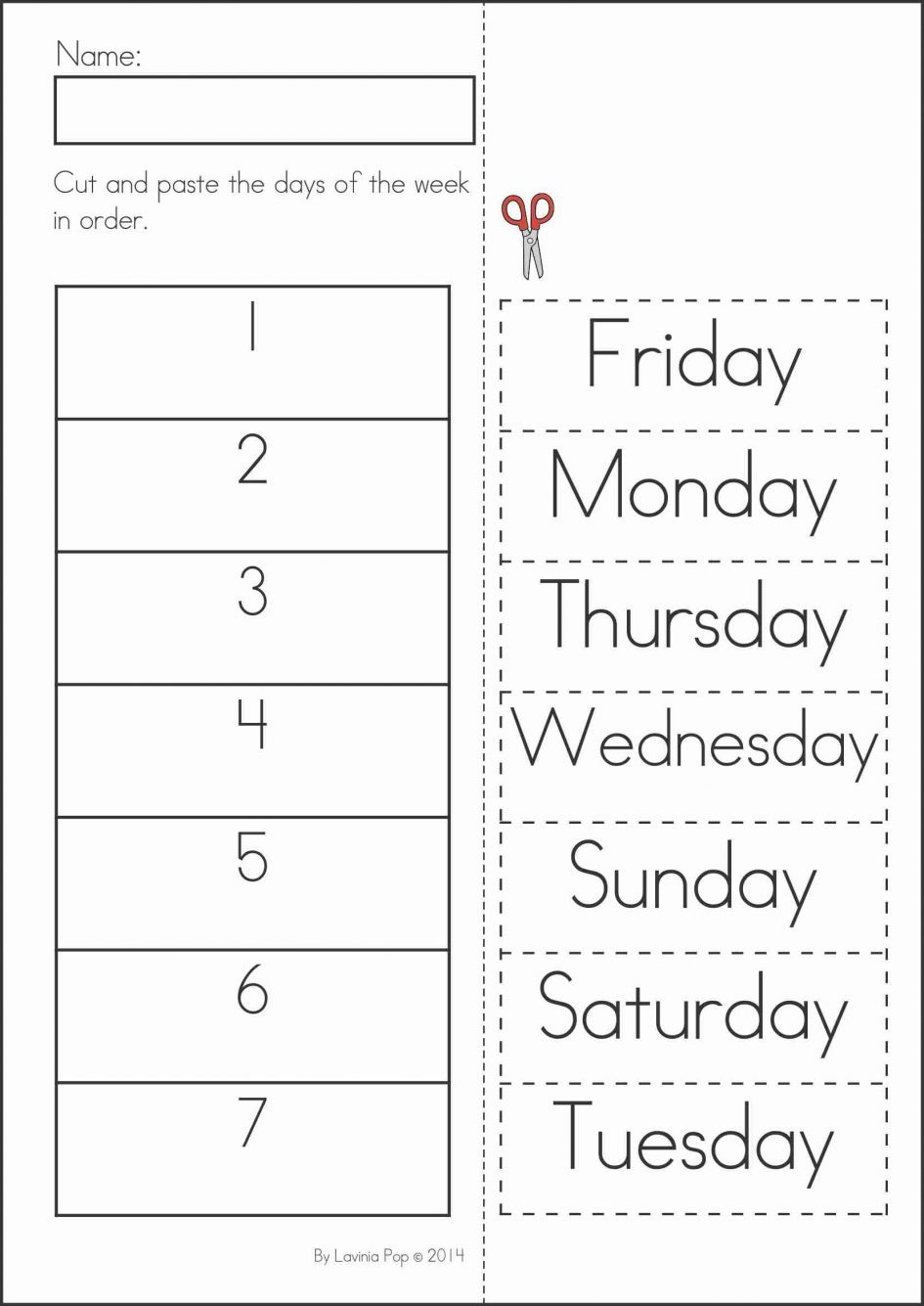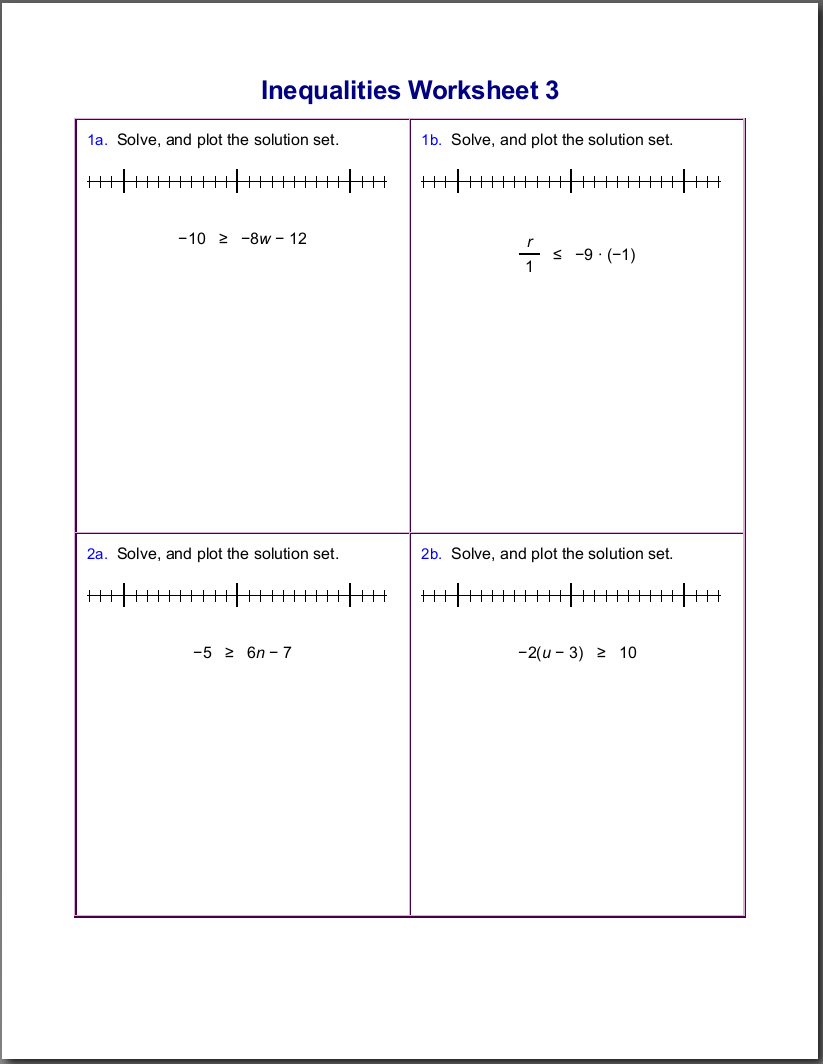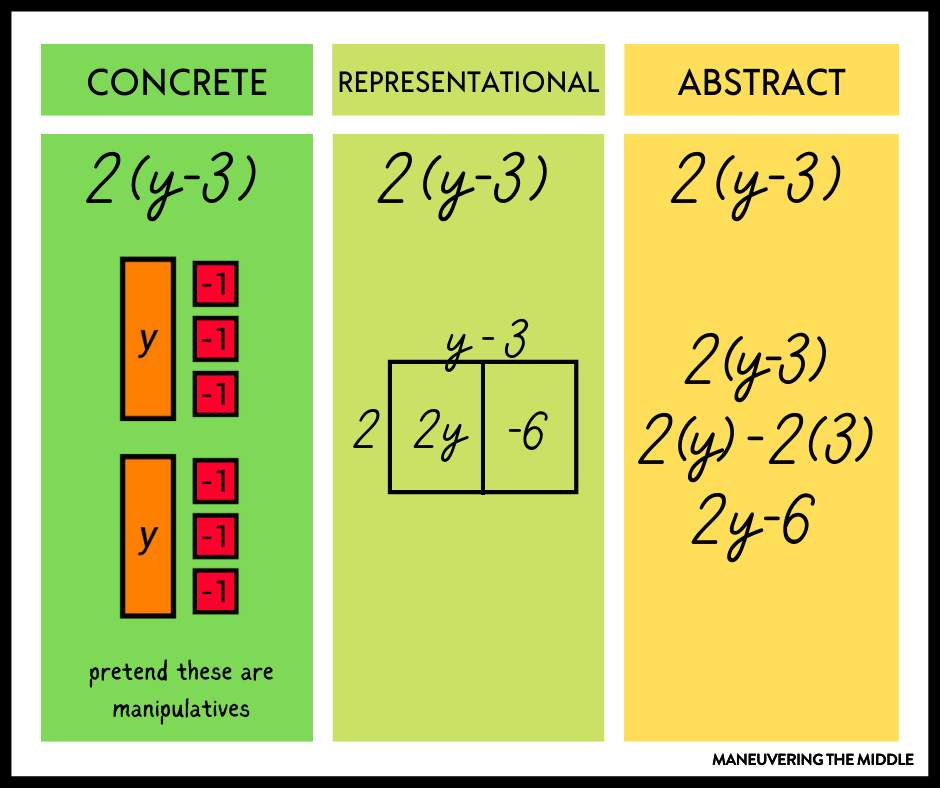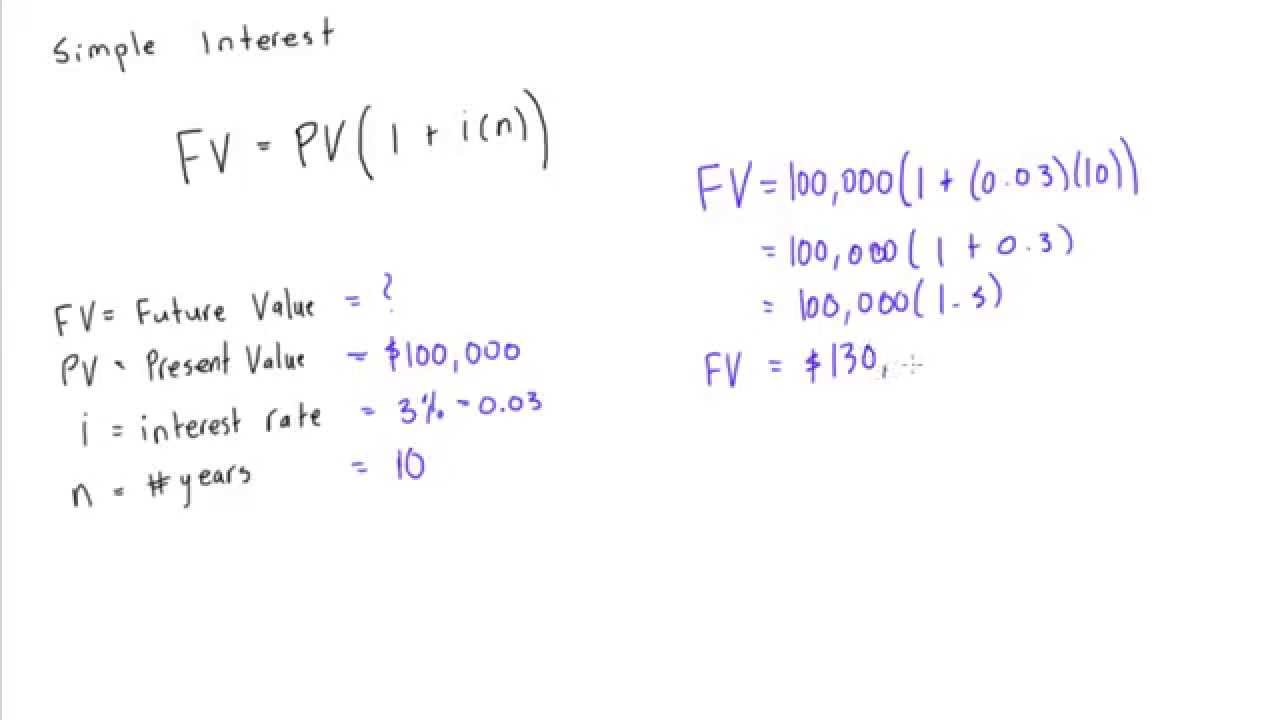5 Ways to Prep for Kindergarten with Worksheets

Preparing Your Child for Kindergarten with Worksheets
The big day is approaching – your little one is starting kindergarten! It’s natural to feel a mix of emotions, from excitement to nervousness. As a parent, you want to ensure your child is ready for this significant milestone. One effective way to prepare your child for kindergarten is by using worksheets. In this post, we’ll explore five ways to prep for kindergarten with worksheets.
1. Develop Fine Motor Skills
Kindergarten requires a lot of hands-on activities, from writing to cutting and pasting. To develop your child’s fine motor skills, try using worksheets that involve:
- Tracing shapes and lines
- Drawing simple objects
- Cutting out shapes and pictures
- Pasting small objects onto a piece of paper
These activities will help your child develop the necessary hand-eye coordination and dexterity for future school tasks.
📝 Note: Start with simple activities and gradually increase the complexity as your child becomes more confident.
2. Build Language Skills
Kindergarten introduces children to the world of reading and writing. To build your child’s language skills, try using worksheets that focus on:
- Alphabet tracing and recognition
- Simple word recognition (e.g., their name, common objects)
- Basic sentence structures (e.g., “The cat is…”)
- Rhyming words and basic phonics
These activities will help your child develop the foundational skills for reading and writing.
3. Improve Problem-Solving Skills
Kindergarten is all about exploration and discovery. To improve your child’s problem-solving skills, try using worksheets that involve:
- Simple math problems (e.g., counting, basic addition)
- Shape sorting and patterning
- Basic puzzles and mazes
- Sequencing activities (e.g., “What comes next?”)
These activities will help your child develop critical thinking skills and learn to approach problems in a logical and methodical way.
4. Enhance Social-Emotional Skills
Kindergarten is a time of socialization and emotional growth. To enhance your child’s social-emotional skills, try using worksheets that focus on:
- Recognizing and expressing emotions (e.g., “How am I feeling today?”)
- Basic empathy and understanding (e.g., “How do you think your friend felt?”)
- Social skills (e.g., sharing, taking turns)
- Self-awareness and self-confidence (e.g., “I can do it!”)
These activities will help your child develop essential social-emotional skills for interacting with peers and teachers.
5. Foster a Love for Learning
Perhaps most importantly, kindergarten worksheets can help foster a love for learning in your child. To achieve this, try using worksheets that are:
- Fun and engaging (e.g., colorful illustrations, games)
- Relevant to your child’s interests (e.g., animals, cars)
- Challenging but not overwhelming (e.g., gradually increasing difficulty)
- Encouraging of creativity and self-expression (e.g., drawing, writing)
By making learning fun and engaging, you’ll set your child up for a lifelong love of learning and exploration.
In conclusion, kindergarten worksheets are a valuable tool for preparing your child for the big day. By focusing on fine motor skills, language skills, problem-solving skills, social-emotional skills, and fostering a love for learning, you’ll set your child up for success in kindergarten and beyond.
What is the best way to use kindergarten worksheets?
+The best way to use kindergarten worksheets is to make them fun and engaging. Use a variety of activities, and be sure to praise and encourage your child as they complete each worksheet.
How often should I use kindergarten worksheets with my child?
+Aim to use kindergarten worksheets 2-3 times per week, for 10-15 minutes at a time. This will help keep your child engaged and prevent boredom or frustration.
Can I create my own kindergarten worksheets?
+Absolutely! You can create your own kindergarten worksheets using a variety of materials, such as construction paper, markers, and glue. Be sure to tailor the activities to your child’s interests and needs.



